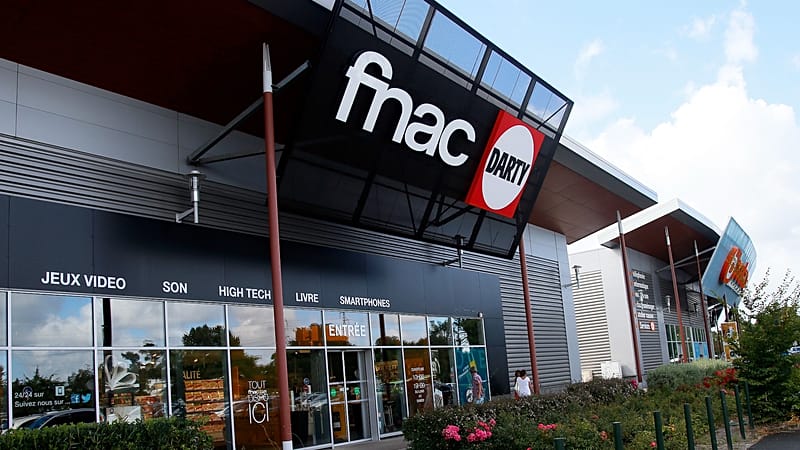After Shein, Temu, and Alibaba, another major Chinese online retailer is making inroads into France: JD.com. The e-commerce heavyweight has set its sights on Fnac Darty, one of France’s best-known cultural and electronics retailers.
In late October, JD.com also launched its JoyBuy shopping platform in France and several other European markets, positioning itself to compete not only with other Chinese platforms but with Amazon, which still dominates online retail in the region.
JD.com, known in China as Jingdong, was founded in Beijing in 1998 by entrepreneur Liu Qiangdong, also called Richard Liu. It began as a small physical shop before expanding online.
Today, it is one of China’s biggest e-commerce companies, generating nearly $160 billion (€138.36bn) in sales in 2024 and ranking as the country’s third-largest online retailer, behind Alibaba and Temu owner PDD Holdings.
Czech billionaire Daniel Křetínský, through his firm Vesa Equity Investment, is currently the largest shareholder in Fnac Darty with around 28.3% of the company.
His position gives him significant influence over what happens next and he is effectively the main counterweight to JD.com’s arrival. Křetínský can either increase his stake to keep the retailer under European control, or use the Chinese interest as an opportunity to sell part of his holding and cash out.
The second-largest shareholder is Ceconomy AG, the German group behind MediaMarkt and Saturn, which owns about 22% of the capital. The rest of the company is split among various investment funds, smaller shareholders, employees and the group itself, with the remainder traded on the stock market.
This summer, JD.com launched a takeover bid for Ceconomy. If successful, the €2.2 billion deal would give JD.com indirect control of Ceconomy’s stake in Fnac Darty, strengthening its foothold in the European retail sector. The acquisition is currently being finalised in Germany.
Fnac Darty, best known for its electronics, books and household appliances, operates mainly in France but also has stores in Spain, Portugal, Belgium, Switzerland, Luxembourg and a number of African and Middle Eastern countries.
The French Ministry of the Economy — known as Bercy — closely monitors all foreign investments in French companies and projects involving Chinese firms are subject to even tighter scrutiny.
The government is not only assessing the financial implications of such deals, it is also examining possible risks to France’s cultural sovereignty and its ability to maintain control over how cultural content is created, distributed, and curated.
